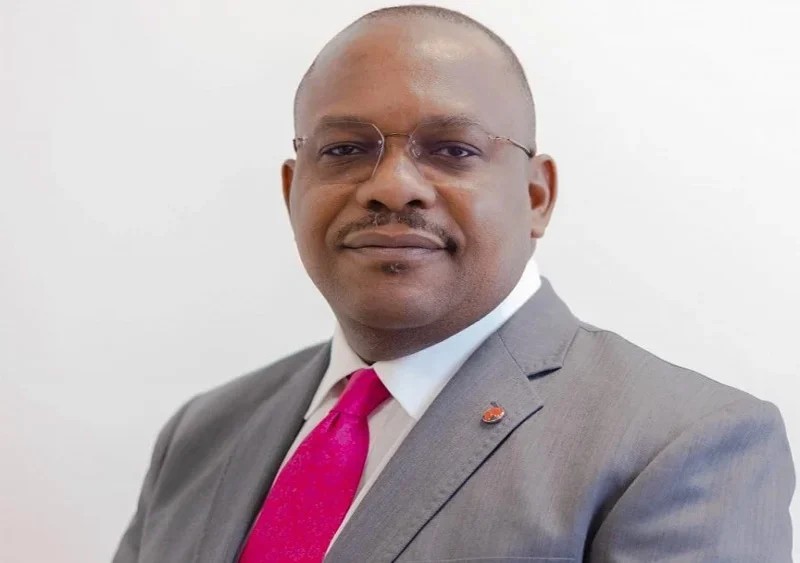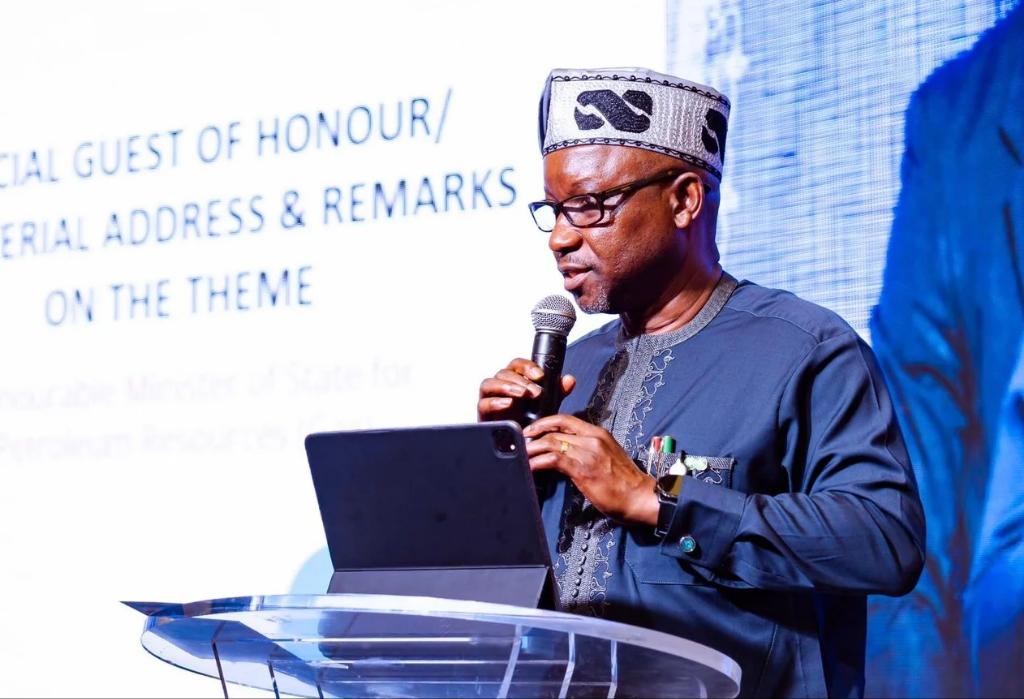An independent oil and gas producer and operator of Oil Mining Lease (OML 17), Heirs Energies Limited, has doubled oil production at OML 17 from 27,000 barrels per day (bpd) in 2021 to 50,000 bpd within its first 100 days of operations, with a projection to increase output to 100,000 bpd in the coming years.
The company revealed it has achieved a 95 per cent crude evacuation success rate at OML 17, a milestone it says reflects improved stability in onshore operations previously plagued by theft and vandalism.
Chief Executive Officer, Osa Igiehon, who disclosed this during a media parley with Energy Correspondents, said the company also plans to raise daily gas production capacity from the current 100 million standard cubic feet (scf) to 150 million scf, underscoring its strategy of maximising existing reserves to meet both domestic and export demand.
According to him, OML 17 holds about 1.5 billion barrels of reserves, capable of lasting for 75 years at current production levels. He stressed that Nigeria must prioritise increased production over reserves growth to extract maximum value from its hydrocarbon resources before global energy transition deadlines reduce their worth.
“The imperative for this country, both short-term and long-term, is about increasing production. Our economy is tied to it. Our long-term sustainability is tied to it. And it’s almost like you’re working against a deadline. You have to try and get as much value out before it becomes less valuable. So, reserves are important, but right now, production is more important,” he explained.
The CEO, who described the company as a “brownfield champion” because of its record of reactivating old and abandoned oil and gas wells and facilities, said Heirs Energies has also expanded its role in Nigeria’s domestic gas market.
“We’re a very close-minded company. We are not caretakers. We are growers. So that’s the journey we are on. It’s not going to be an easy journey, but we are going there. As we grow the oil, we are also going to grow the gas.
“We are hoping to be able to grow our gas production. We have a capacity of 100 million scf per day. There are many factors that determine what we do every day. But our ambition is to take it to at least 150 million scf per day. So, 100,000 barrels, 150 million scf, that’s our ambition, what we think OML 17 can deliver. And we then look to grow our portfolio both in Nigeria and overseas. What we’ve done with this asset is a template,” he added.
Igiehon revealed that the company supplies feedstock to five power plants and several industries along the Eastern corridor, positioning itself as the largest indigenous gas supplier to the domestic market.
He called for more focus and investment in increasing production of oil and gas rather than reserves growth because of the energy transition deadline, noting that Nigeria’s current reserves could last for up to 75 years.
Igiehon explained that stability has largely returned to Nigeria’s exploration and production space, as incidents of crude theft have significantly declined. He noted that about 95 per cent of the company’s output now makes it to the crude terminal, a development that contrasts with previous years of widespread oil theft and vandalism.
“We are helping to change the narrative about onshore Nigeria. Today, an asset like OML 17 is delivering close to 100 per cent of its volumes to the terminal. We have done this with a 100 per cent Nigerian workforce and 95 per cent indigenous contractors,” he said.
He stressed that beyond having bold ambitions, Heirs Energies has proven its capacity to deliver results by venturing into areas others avoided.
“Even when I go to other countries, I will talk about it. We are also helping change the narrative of what people used to think about Nigeria. When you tell people that an asset onshore gets close to 100 per cent of its volume at the terminal now, people are like, really? All we used to think about in onshore Nigeria before was crude oil. It’s also helping change that narrative. And the fact that we have done this with a 100 per cent Nigerian workforce,” he said.
He further pointed out that the organisation is fully staffed by Nigerians, with about 95 per cent of its contractors also drawn from within the country.
Igiehon added that the company’s progress has demonstrated the capacity of indigenous operators to take on major upstream assets and deliver value, both to the economy and to Nigeria’s domestic energy supply.






